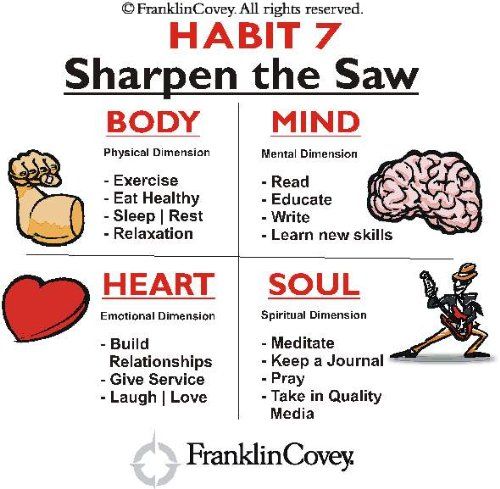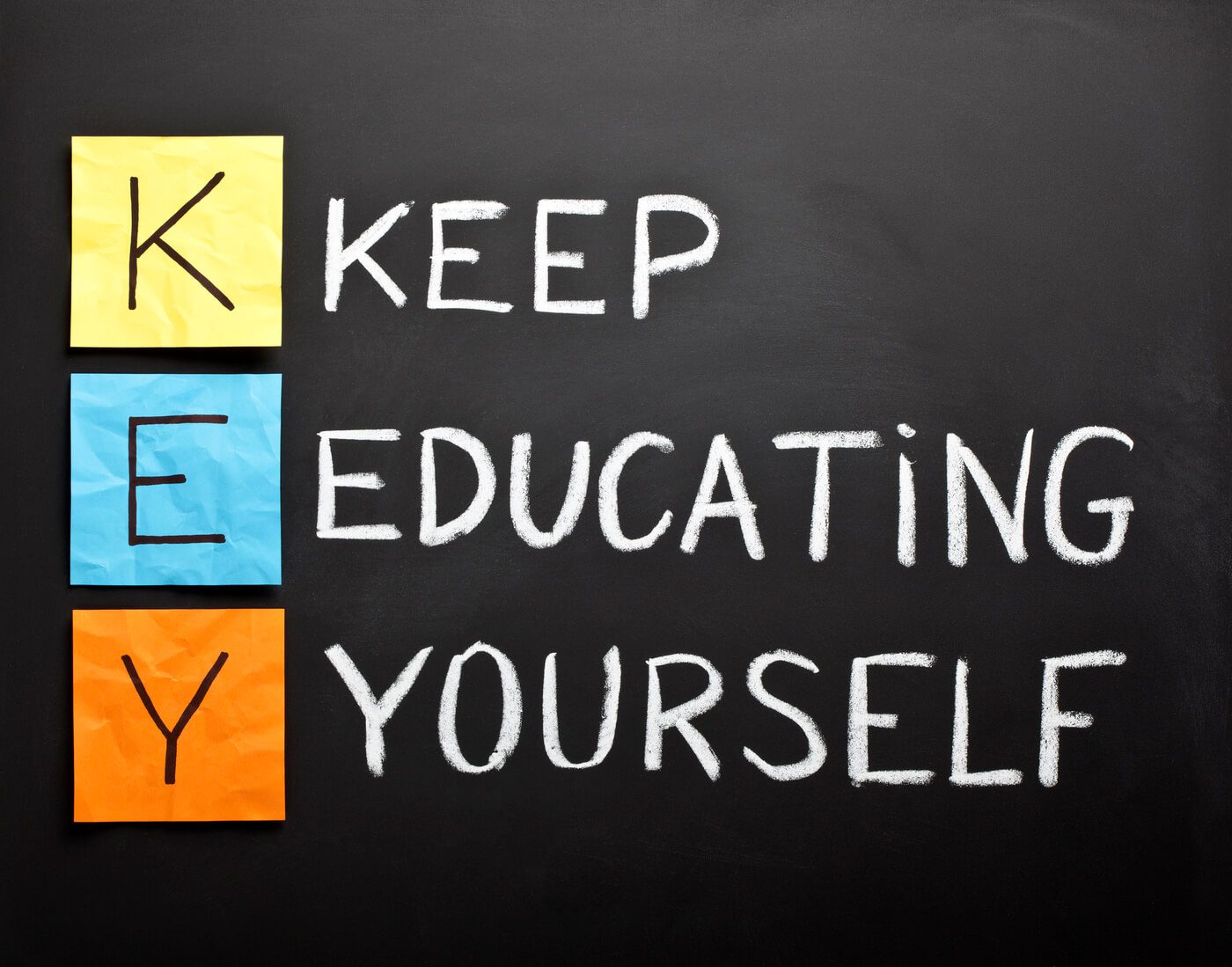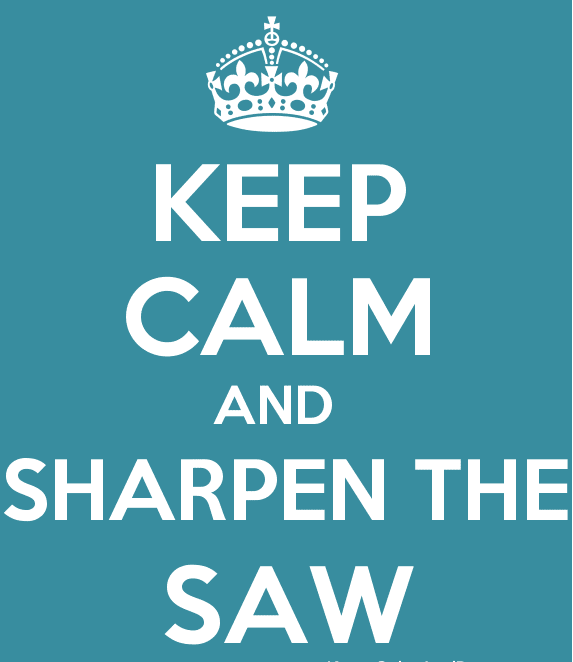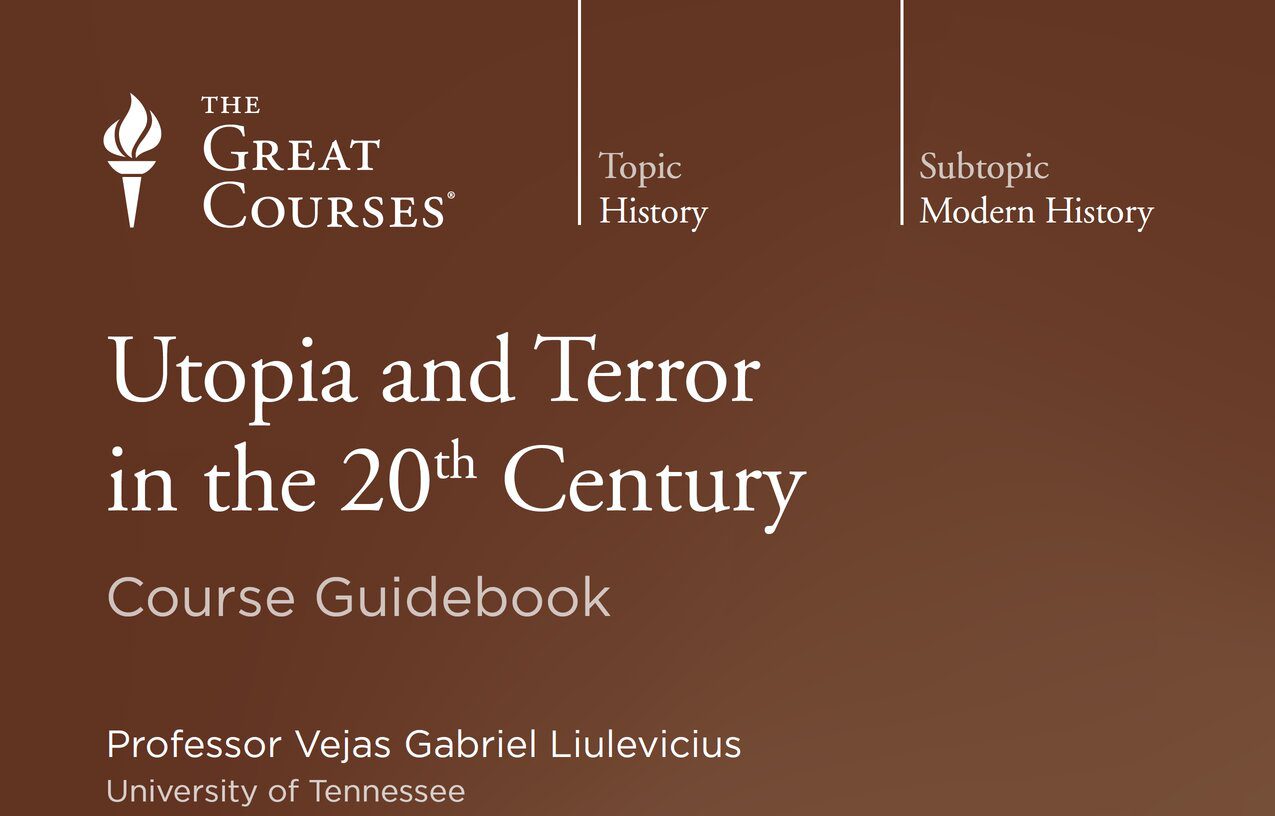“Learn to work harder on yourself than you do on your job. If you work hard on your job you can make a living, but if you work hard on yourself you’ll make a fortune.” – Jim Rohn
The seven habits of highly effective people by Stephen R. Covey is one of my favorite personal development book of all time. The book had a great effect on me with various lessons, anecdotes, insights, and principles which is a core of my daily values.
The 7th habit is “sharpen the saw” in which covey advocates preserving and enhancing the greatest asset you have–YOU. It means having a balanced program for self-renewal in the four areas of your life: physical, social/emotional, mental, and spiritual. Here are some examples of activities:
| Physical: | Beneficial eating, exercising, and resting |
| Social/Emotional: | Making social and meaningful connections with others |
| Mental: | Learning, reading, writing, and teaching |
| Spiritual: | Spending time in nature, expanding spiritual self through meditation, music, art, prayer, or service |
“Sharpen the saw” basically means expressing all four motivations. It means exercising all four dimensions of our nature, regularly and consistently in wise and balanced ways.”

“Give me six hours to chop down a tree and I will spend the first four sharpening the axe.” —Abraham Lincoln
In his great book, seven habits of highly effective people, Stephen R. Covey shares a great story that exemplifies the concept of Sharpening the saw, continuously renewing the body, mind, and soul.
“SUPPOSE YOU WERE TO COME UPON SOMEONE in the woods working feverishly to saw down a tree.
“What are you doing?” you ask.
“Can’t you see?” comes the impatient reply. “I’m sawing down this tree.”
“You look exhausted!” you exclaim. “How long have you been at it?”
. “Over five hours,” he returns, “and I’m beat! This is hard work.”
”Well, why don’t you take a break for a few minutes and sharpen that saw?” you inquire. “I’m sure it would go a lot faster.” “I don’t have time to sharpen the saw,” the man says emphatically. “I’m too busy sawing!”
The man sawing down the tree would get the tree down faster if he concentrated on sharpening the saw instead of the tree. A lot of us respond to why are you not learning/studying/reading/sharpening the saw question with the response I’m too busy but if you are too busy to get better, be ready to have an unsharp mind or saw.
FOUR DIMENSIONS OF RENEWAL
Habit 7 is preserving and enhancing the greatest asset you have–you. It’s renewing the four dimensions of your nature–physical, spiritual, mental, and social/emotional. “Sharpen the saw” basically means expressing all four motivations. It means exercising all four dimensions of our nature, regularly and consistently in wise and balanced ways.
The Physical Dimension
The physical dimension involves caring effectively for our physical body–eating the right kinds of foods, getting sufficient rest and relaxation, and exercising on a regular basis.
- Exercise
- Eat healthy
- Sleep | Rest
- Relexation
The Spiritual Dimension
The spiritual dimension is your core, your center, your commitment to your value system. It’s a very private area of life and a supremely important one. It draws upon the sources that inspire and uplift you and tie you to the timeless truths of all humanity.
- Meditate
- Keep a Journal
- Pray
- Take in quality media
The Mental Dimension
Most of our mental development and study discipline comes through formal education. But as soon as we leave the external discipline of school, many of us let our minds atrophy. We don’t do any more serious reading, we don’t explore new subjects in any real depth outside our action fields, we don’t think analytically, we don’t write–at least not critically or in a way that tests our ability to express ourselves in distilled, clear, and concise language. Instead, we spend our time watching TV.
- Read
- Educate
- Write
- Learn new skills
The Social/Emotional Dimension
The social and the emotional dimensions of our lives are tied together because our emotional life is primarily, but not exclusively, developed out of and manifested in our relationships with others.
“Peace of mind comes when your life is in harmony with true principles and values and in no other way.”
In his inspiring book, No Excuses!: The Power of Self-Discipline, Brain Tracy shares some great insights on continuous improvement with the concept “26 Percent Better Each Year“
By working on yourself a little bit each day—learning new skills, getting better at your key tasks, setting priorities, and focusing on higher-value activities—you can become 26 percent more productive over the course of an entire year”
By the Law of Accumulation, or the Law of Incremental Improvement, by the end of twelve months, you would be 26 percent better. If you continued to improve at 26 percent per year, by the end of ten years, with compounding, you would be 1,004 percent more productive. Your income would increase at the same rate. This formula works—if you do.
If you read in your field one hour per day, that will translate into about one book per week. One book per week will translate into about fifty books per year. Since the average adult reads less than one nonfiction book per year, if you were to read fifty books in your field each year, do you think that would give you an edge in your profession? Do you think that it would move you ahead of virtually everyone else in your business? Of course, it would!.
Education is what remains after one has forgotten everything he learned in school.~ Albert Einstein

Author & Entrepreneur MJ DeMarco, in his book “The Millionaire Fastlane,” he advocates continuous improvement with the metaphor of “Change the Oil Every 3,000 Miles.”
The first lesson of car ownership: Change the oil every 3,000 miles. Neglect the lesson and your car dies well before its useful life. Frequent oil changes keep your car running efficiently; unchanged oil goes stale and turns the ride rough. Rough rides stall to the shoulder of the road.
The Fastlane road trip demands fresh oil changes. But what is oil? Oil is education. Knowledge. Street smarts. But be careful … it must be the right oil and for the right purpose.
Sidewalkers don’t bother with oil. After 3,000 miles, they’re done. Graduation is the last oil change. Slowlaners oil their vehicles for the explicit purpose of raising intrinsic value. Advanced education and certifications: What’s going to command a bigger salary? Fastlaners oil their vehicles until they hit the junkyard.
“Graduation Is Not the End; It Is the Beginning.”
Face it. What you know today is not enough to get you where you need to be tomorrow. You must constantly reinvent yourself, and reself, and reinvention is education.
Unfortunately, graduation traditionally signals the end of education. Regardless of your graduating age, adulthood begins. The party is over and real life begins. To cease learning at graduation is wealth suicide. Your most effective earning years happen AFTER graduation, so wouldn’t it be smart to continue the educational process long after formal schooling?
Education, your oil, is a critical component to your wealth road trip. When you continually inject yourself with new education, new skills, and new competencies, new roads open and things run smoothly.
The right education has incredible horsepower.
As Jim Rohn often advised, “Learn to work harder on yourself than you do on your job. If you work hard on your job you can make a living, but if you work hard on yourself you’ll make a fortune.”. You need to continuously educate yourself, education is a life long process, continuous improvement and re-invention is the key to becoming better.
All the best in your quest to get better. Don’t Settle: Live with Passion.



Comments are closed.